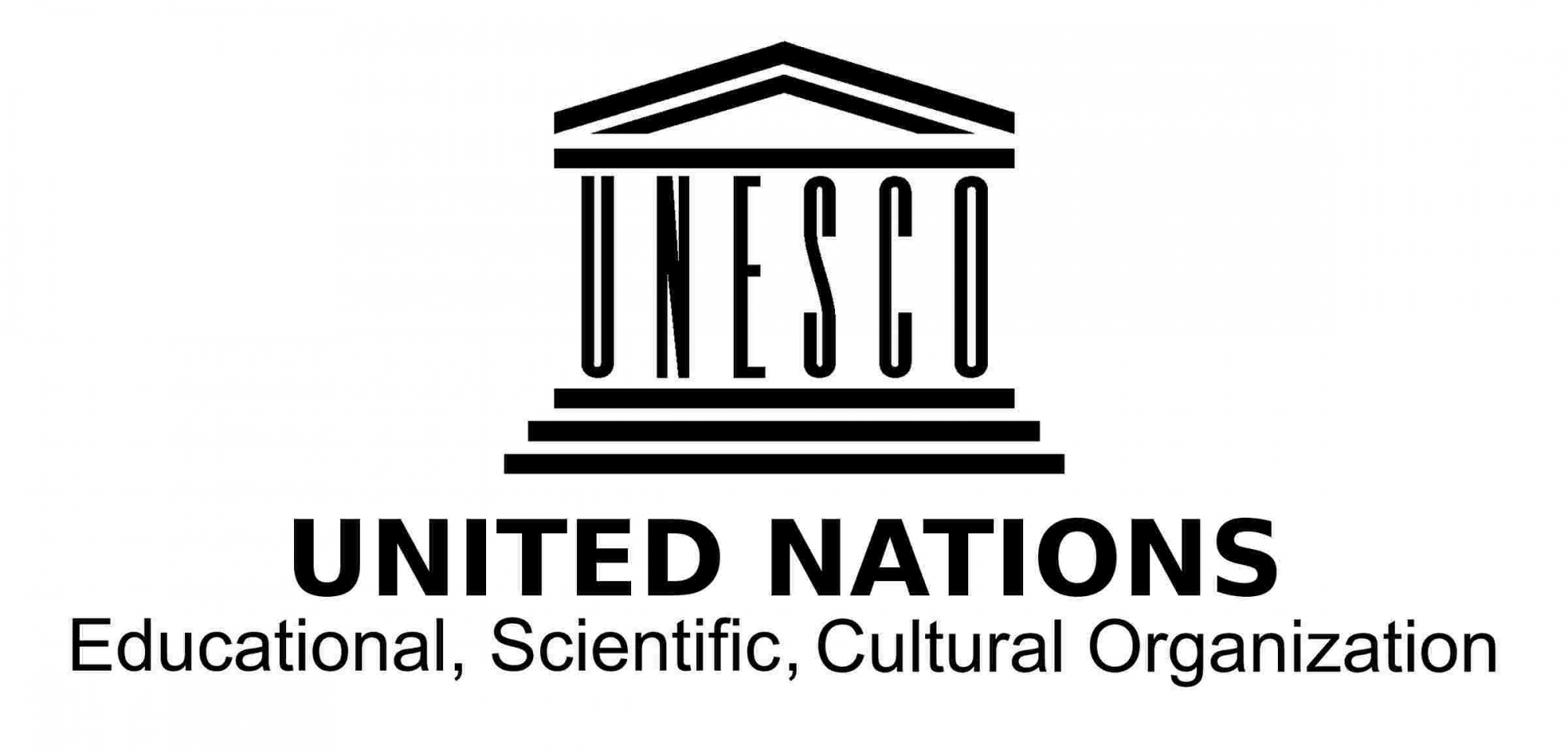International Literacy Day 2019: UNESCO calls for linguistic diversity in education, literacy development
The global community Sunday observed the 2019 International Literacy Day (ILD) under the theme: “Literacy and Multilingualism,” focused on raising awareness of the importance of literacy and multilingualism as well as highlighting improvements in literacy rates around the world towards achieving sustainable development.

Since 1967, September 8 every year, is globally recognized as International Literacy Day (ILD) dedicated to spreading awareness about the importance of literacy to individuals, societies, and communities. The annual event calls on governments, individuals, and civil society organizations to reflect on the challenges of literacy around the world.
“…On the occasion of International Literacy Day 2019, UNESCO invites you to rethink literacy in our contemporary multilingual world as part of the right to education and a means to create more inclusive and linguistically and culturally diverse societies,” said Director-General of UNESCO Audrey Azoulay in a statement on the occasion of the 2019 International Literacy Day.
“Our world is rich and diverse with about 7,000 living languages. These languages are instruments for communication, engagement in lifelong learning, and participation in society and the world of work. They are also closely linked with distinctive identities, cultures, worldviews, and knowledge systems. Embracing linguistic diversity in education and literacy development is therefore a key part of developing inclusive societies that respect ‘diversity’ and ‘difference’, upholding human dignity,” added the statement.
According to UNESCO about 40% of the world’s population does not have access to education in a language they speak or understand. “We need to change this by making policies and practice more linguistically and culturally relevant, enriching multilingual literate environments and exploring the potential of digital technology. For more than seven decades, UNESCO has supported mother language-based, multilingual approaches to education as a means to enhance education quality and intercultural understandings,” noted Azoulay.











